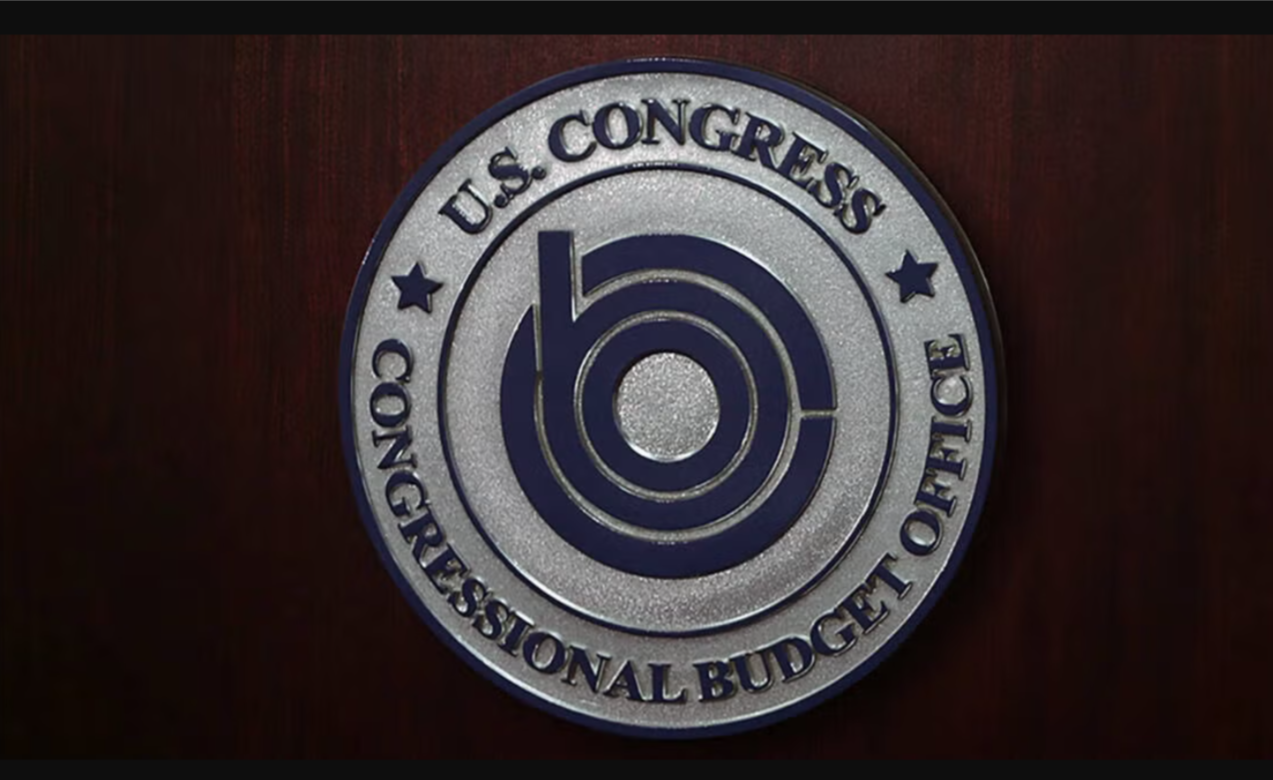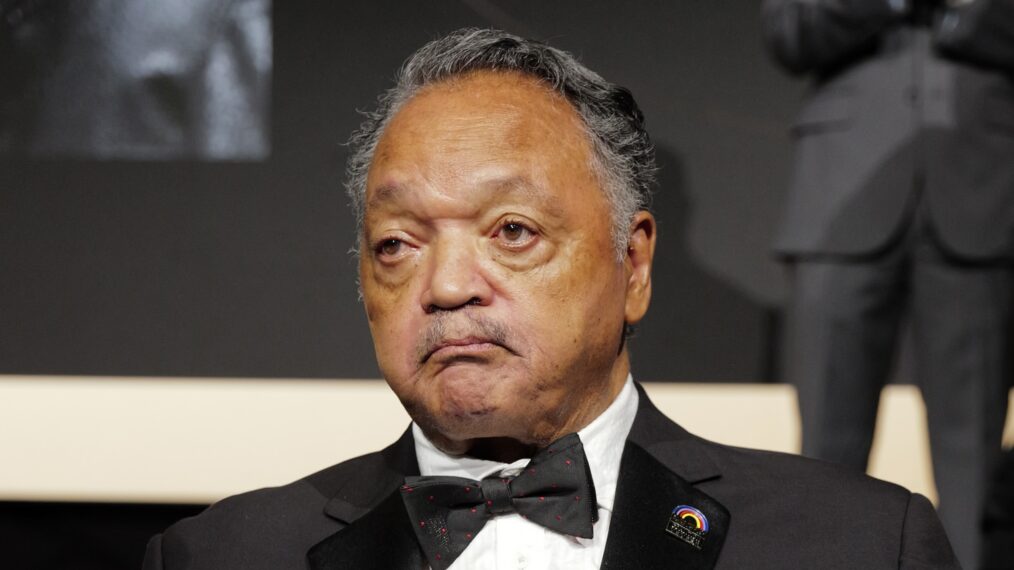(ThyBlackMan.com) The impacts of Elizabeth Warren’s proposed 2% wealth tax on individuals with a net worth in excess of $50 million and 3% wealth tax on billionaires has not been subject to robust analysis. This needs to happen.
With all due respect to the two professors at UC Berkeley who are advising Senator Warren, their research on the likely impacts of a wealth tax, in my opinion, is more akin to the beginning of a discussion than a conclusion. There is so much more to this issue than they have discussed.
How Would A 3% Wealth Tax Impact Charities?
Many, if not most, of the wealthiest individuals in the United States have pledged at least one-half of their estates to charity. Not a single dollar of wealth taxes paid and or a single dollar of income taxes paid to generate the funds necessary to pay the wealth tax will be given to charity. For example, Bill Gates has stated that he plans to give $90 billion to charity upon his death. If he is required to pay $50 billion in wealth taxes over the remainder of his life, that is $50 million that will never be received by any charitable organization.

The UC Berkeley professors forecast $2.75 trillion of government revenues over the first decade of a wealth tax. The loss to charitable organizations would probably be significantly over $1.5 trillion.
What Is the Actual Cost to a Billionaire of A 3% Wealth Tax?: ‘It depends’.
Important fact: Billionaires do not keep hundreds or even tens of millions of dollars in the bank. They invest their funds. The actual cost of a wealth tax would depend upon whether the taxpayer would need to sell assets to pay the wealth tax or whether they would pay the wealth tax by extracting funds from operating unincorporated businesses.
If a California billionaire taxpayer sold zero basis assets to pay the 3% wealth tax, his total tax cost would be about 4.8%. The extra 1.8% would be the federal and state income taxes to be paid resulting from the sale of these assets to pay the wealth tax.
If a California billionaire paid the wealth tax using after-tax income from an active unincorporated business, the tax would be the stated 3%. However, that taxpayer would likely view the wealth tax as no more than an increase in his income tax rate from about 50% to about 62%. (The relationship of fair market value of the business to the net income would add about 12 percentage points of taxes relative to income.) The funds to pay the wealth tax would likely be diverted from business operations where they otherwise would have been used to purchase new equipment, increase employment, pay bonuses etc. The loss of these funds from the private sector would negatively impact jobs and the economy.
Would Every American Pay A Price as The Result of a New Wealth Tax on The Very Wealthy? Answer: That is the way it usually works. And there is no reason to think Elizabeth Warren’s wealth tax would be any different.
Portfolio Billionaires: Assume that Warren Buffett is a California taxpayer and was forced to sell 4.8% of his Berkshire Hathaway shares to pay the wealth tax annually until his death. Is there a market every year for an additional $4.8 billion of Berkshire Hathaway stock or would the stock price of the company decline significantly thereby punishing all investors, including pension plans? Other billionaires would not be purchasing the Berkshire Hathaway stock as they would also be selling assets to pay their wealth.
The mere expectation of the withdrawal of the projected $2.75 trillion over the first ten years from the private sector would undoubtedly crush stock markets and therefore crush pension funds.
Would foreign investors, immune from a U.S. wealth tax, become the controlling shareholders of Berkshire Hathaway, Facebook or Google as U.S. billionaire owners were forced to sell their shares? Consider the economic advantage of a foreign billionaire versus a U.S. billionaire investing in the United States. Only the U.S. taxpayer would be paying the wealth tax.
Billionaires with Operating Revenues: As stated above, the additional taxes would result in less research & development, smaller employee raises, fewer new employees etc.
Does Anyone Truly Believe That Our Current Supreme Court Would Need More Than an Hour to Find A Wealth Tax Unconstitutional?
This question is rhetorical.
How Would Billionaires Avoid the Wealth Tax?
Under current law, an individual can donate up to 60% of their adjusted gross income to charity and that donation for a California taxpayer would reduce his federal and state taxes by 50% of the amount donated. Note, appreciated assets may be donated without paying income taxes on the appreciation.
A charity minded billionaire taxpayer might likely prefer to make current charitable donations rather than pay the wealth tax. A portfolio billionaire could make a choice to make current donations equal to 125% of his projected wealth tax and therefore decrease his income taxes by an amount equal his wealth tax. This would make the cost of the wealth tax zero. If the money was going to go to charity at death anyway, why not?
More sophisticated methods of accelerating charitable deductions are available. Wealthy philanthropists would use these devices to reduce or eliminate any wealth taxes.
And What of Valuation?
The two UC Berkeley professors seem to pooh pooh the difficulty of valuation. They need to study a few court cases regarding estate tax valuation disagreements. One need only read the Wall Street Journal, Forbes or watch PBS’s Antique Roadshow to understand how difficult the art of valuation is.
Valuation of most assets is very difficult. The classic valuation disagreement with the IRS was the valuation of a classic piece of modern artwork: Canyon. Upon the death of the owner, this piece of art, which for reasons unimportant here cannot legally be sold to anyone, was valued for estate tax purposes by the IRS at $65 million. As it was illegal to sell the artwork, the estate valued the artwork at zero.
How Would the Wealth Tax Impact Elizabeth Warren?
There is an old trick in determining an individual’s net worth. One asks an individual at what net worth should individuals be assessed a tax upon death. The answer is almost always a dollar more than the individual’s questioned net worth. Senator Warren has a net worth approaching $10 million and 2018 adjusted gross income of over $800,000. Her wealth tax proposal would not cost her one penny.
Bottom Line on A Wealth Tax
A wealth tax is such a bad idea. It’s under-studied impact on the economy and its non-existent studies on resulting human behaviors make it a non-starter. And as always, the most negative impacts would be felt most strongly by the greater community than the individuals paying the tax.
Written by Hank Adler
















Leave a Reply